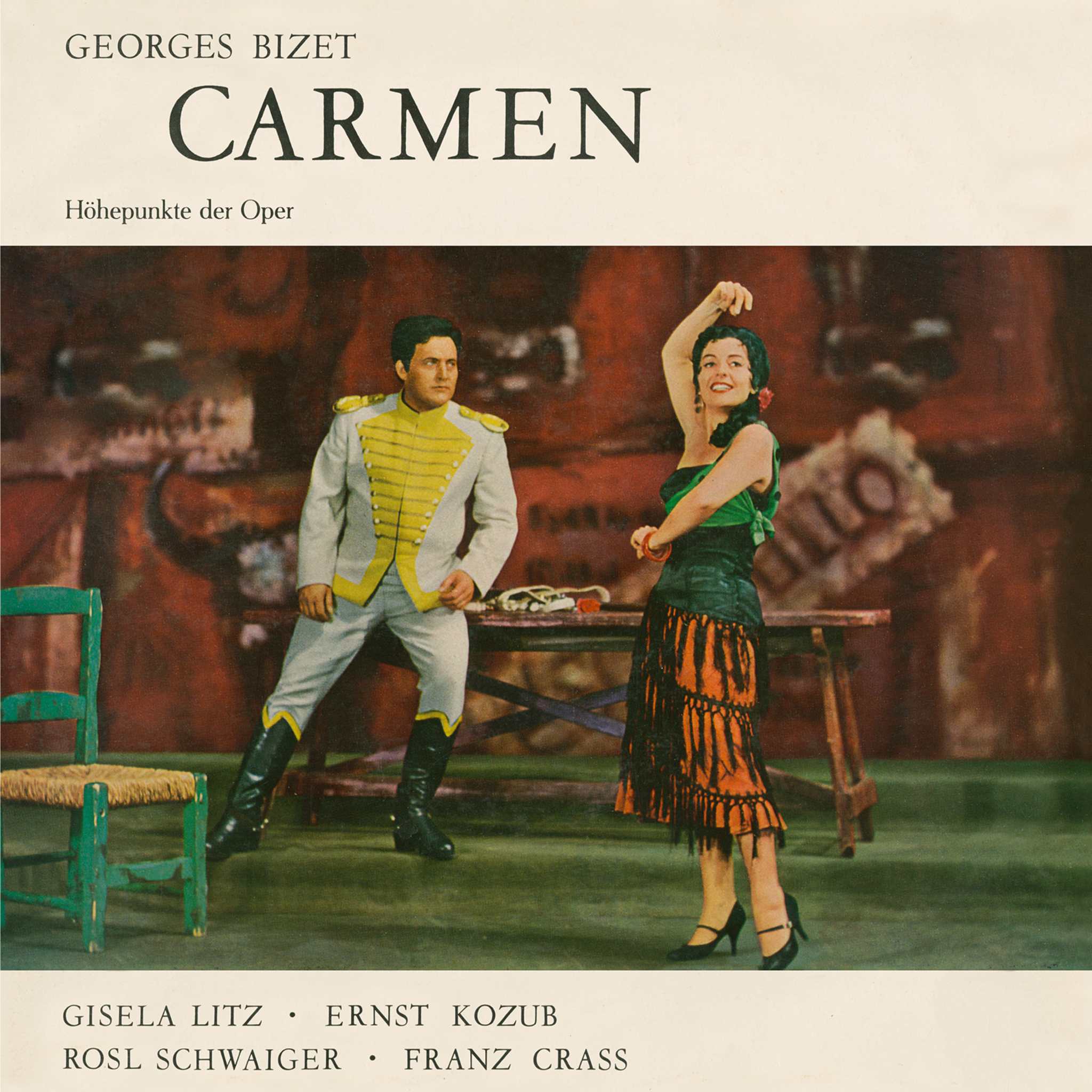Marcel Couraud: A Legacy in Music
Marcel Couraud (1912–1986) was a distinguished French orchestral and choral conductor, as well as an organist, renowned for his expertise in both fields and his significant influence on 20th-century classical music interpretation. Born in Limoges, France, and trained by legendary figures in classical music education, Couraud's soul-stirring orchestrations have immortalized him in the annals of classical music.
Background and Training
Couraud was born on October 20, 1912, in Limoges, France, and passed away on September 14, 1986, in Loches, France. He studied composition with Nadia Boulanger and conducting with Charles Munch, both legendary figures in classical music education. His impeccable skill and emotive interpretations have left a lasting legacy in the world of classical music.
Career Highlights
Couraud gained recognition primarily as a choral trainer and conductor. He founded his own Ensemble Vocal, for which he made pioneering recordings of Renaissance and Baroque music, including works by Lassus and Monteverdi, on the Les Discophiles Français label. He formed a notable partnership with the Stuttgarter Bach-Chor und Orchester, recording a broad range of repertoire for Philips, especially focusing on choral and orchestral works. Couraud also collaborated with legendary artists such as tenor Fritz Wunderlich and violinist Michele Auclair.
Noteworthy Recordings and Legacy
Couraud's discography includes pioneering shellac recordings of Lassus and Monteverdi with his Ensemble Vocal. Significant collaborations with the Stuttgarter Bach-Chor und Orchester, especially highlighting Bach’s choral works—a background relevant for collections such as 'Aria – Bachs schönste Arien' ("Aria – Bach’s Most Beautiful Arias") that celebrate Bach’s vocal music. Collaborations on major works by Brahms (Ein Deutsches Requiem), Stravinsky (Perséphone), Rameau, and Mozart. Recent releases from Forgotten Records have revived his 1956 recordings with the Bamberger Symphoniker, notably Schubert’s Symphonies Nos. 2 & 6.



